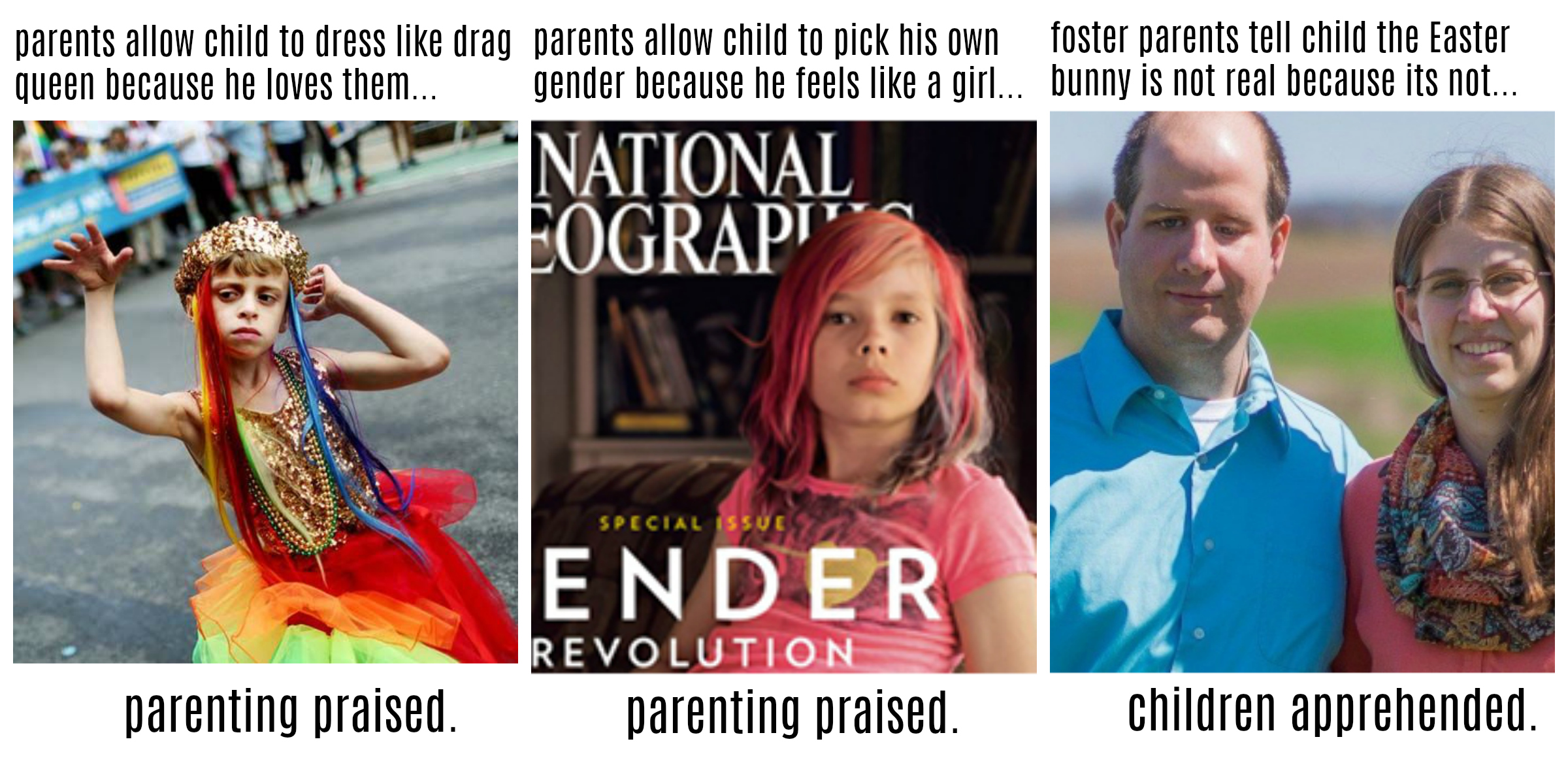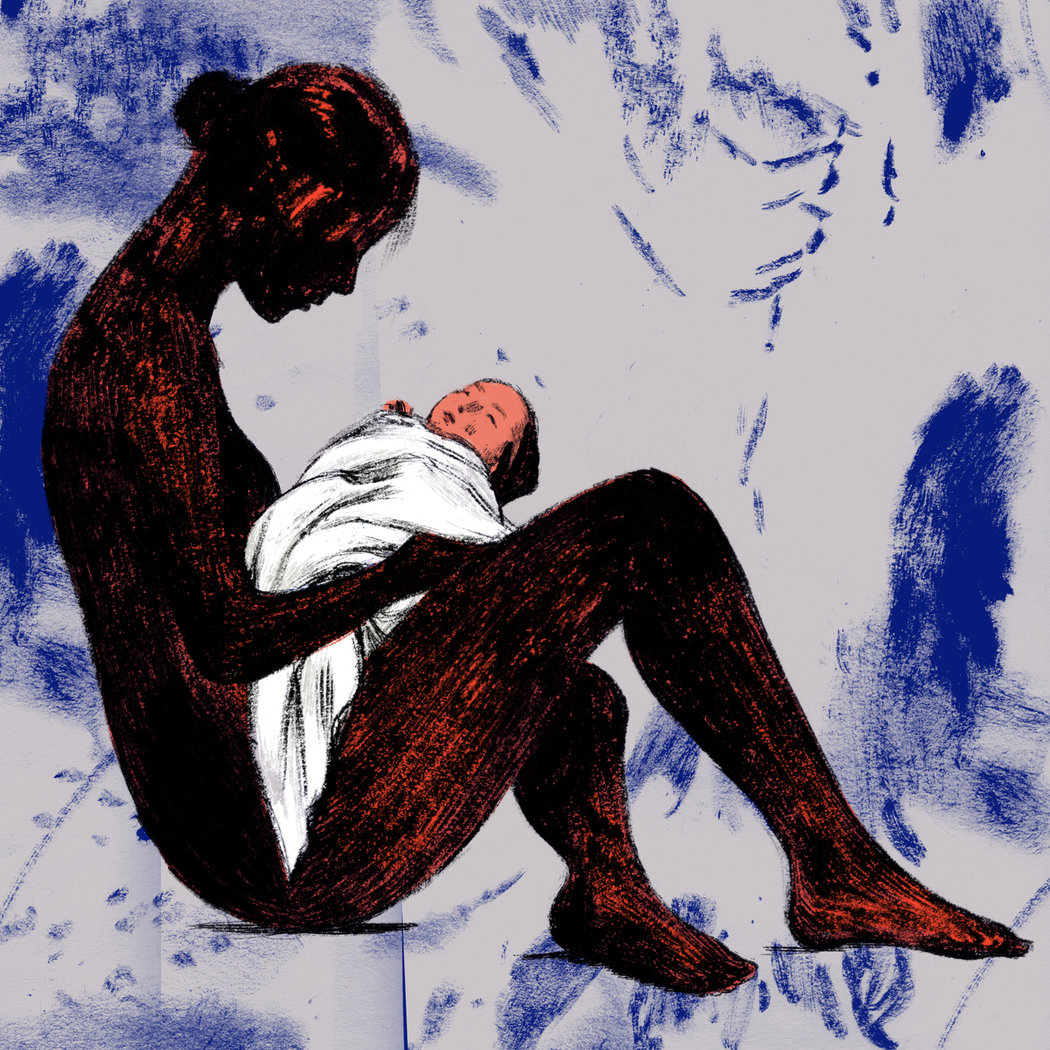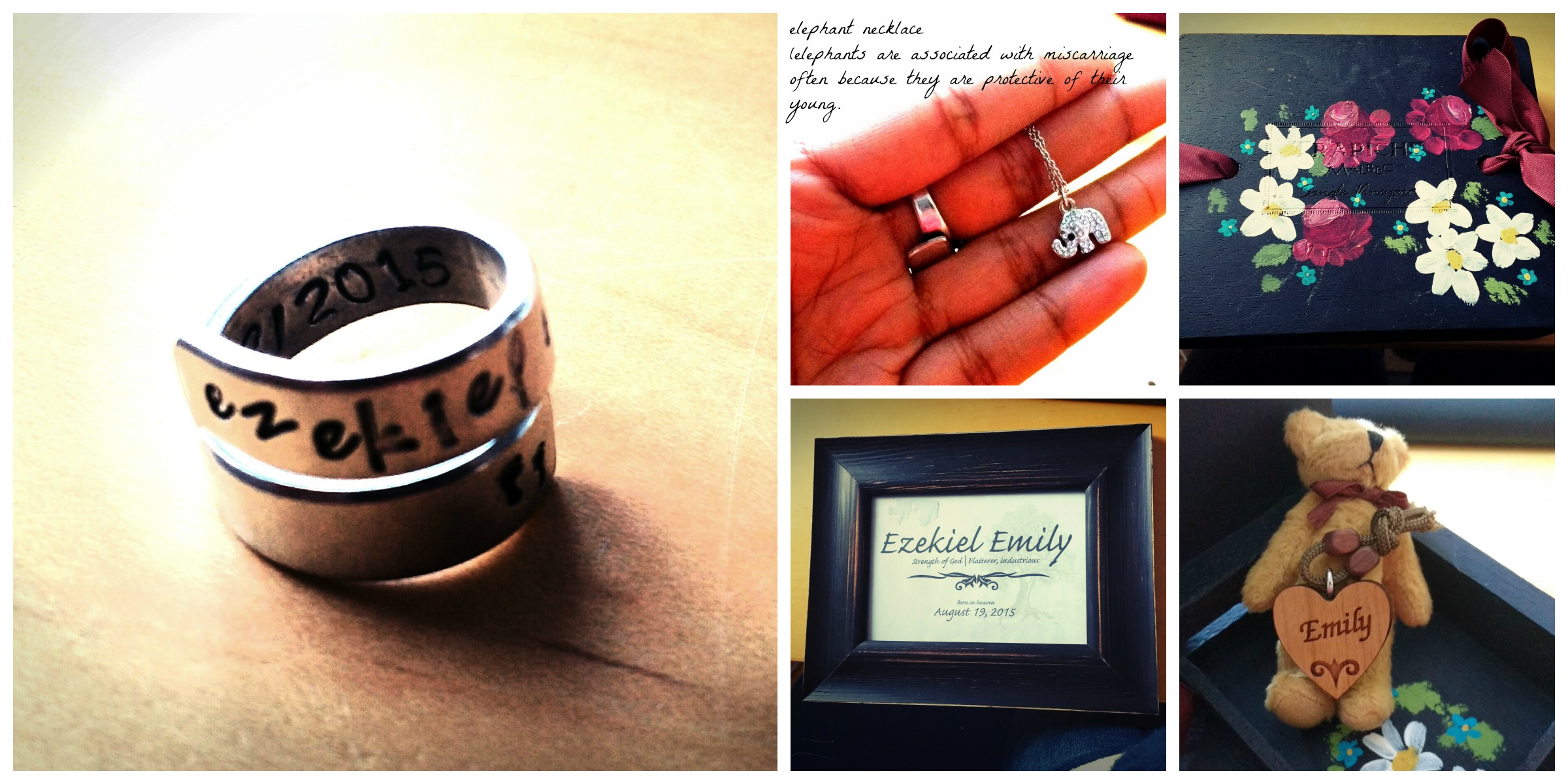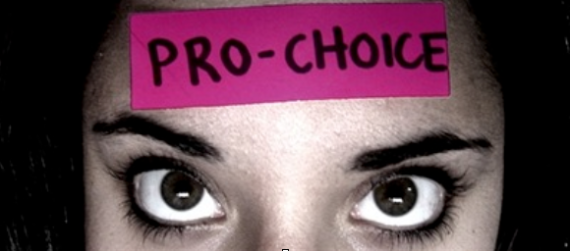It has been an extremely long time since I have written jack-all here. I have the Prime Minister to thank, I guess, for doing something so dumb that it compelled me to write #thanksJT.
Look. Many people have been asking me if I am offended by #brownface. In fact, I am not. Why? Well. Frankly, everyone I know wants to be brown. Everyone I know, wishes they didn’t burn to a crisp in the sun. EVERYONE I KNOW wants to love Indian food. So ya, it didn’t surprise me that another person pretended to be brown when they were not.

That said, I think the Prime Minister is a giant douche and a hypocrite so it offends me a bit that HE pretended to be brown only because Indian people have a pact that only the smartest in the world are allowed to be brown or pretend to be brown. The PM does not pass the test.

However, I saw one thing in all the hoopla that did give me pause and sorrow.
Like many brown people, I experienced racism growing up. We lived in a very Italian neighbourhood and even though its stupid, even minorities pick on each other. My siblings and I were mildly harassed as were my parents.
The most vivid memory I have is of a girl following me around the playground asking me if I rubbed my own shit on my face and that’s why I am brown. It actually took me years to forget the memory and it all came back when I saw this:

I have a great dislike for having beaver kick dirt on someone’s face illustrated as the same as someone rubbing brown paint on their face to pretend your from a certain race. If the logic is hard to follow, the conclusion here is that becoming brown is also achieved by someone kicking dirt on your face. Your face is dirty because you’re brown and the dirt is brown. So, is being brown dirty? Is your face dirty?
Does this bother you?
I emailed the Buffalo Times who released the image with the following statement:
Good evening,
My name is Ruth Shaw. I am writing to you to voice my concern over a political cartoon you posted on your website in response to Justin Trudeau’s brownface revelation.
A little bit of context: I am not a subscriber to PC culture so what I am about to say is not from the position of someone who is overly sensitive or who is overly prone to yelling out ‘that’s racist, that’s ableist, etc etc’ at every turn. I very much value free speech and as you can see below, I run a rather controversial operation in Canada.
As someone who is regularly involved in controversial situations, I was not overly offended by the Prime Minister’s depiction of brownface. Everyone I know wants to be brown.
Your cartoon, however, deeply offended me. You depict a beaver shitting on the face of a Prime Minister who was depicting a brown person. Ergo, you are equating shitting on someone’s face with being brown. Are you aware that this is a commonly used racial slur against people of color? In this case, I do not feel the Prime Minister has perpetuated racism, but you have.
I believe in free speech and as such will not suggest you take it down. Please care to do your research before you post such a racially charged put down of people with a certain skin color in the future.Thank you.
We cannot be offended by everything and being offended is ultimately a choice. I really think that if you have not experienced racism you have a very hard time understanding the problem with a cartoon like that.
You may not understand it and I am glad you don’t. I think those of us who have experienced it have a responsibility to inform responsibly- not in an overly PC manner or perpetuate cancel culture but just in a calm, educational fashion, y’all.








